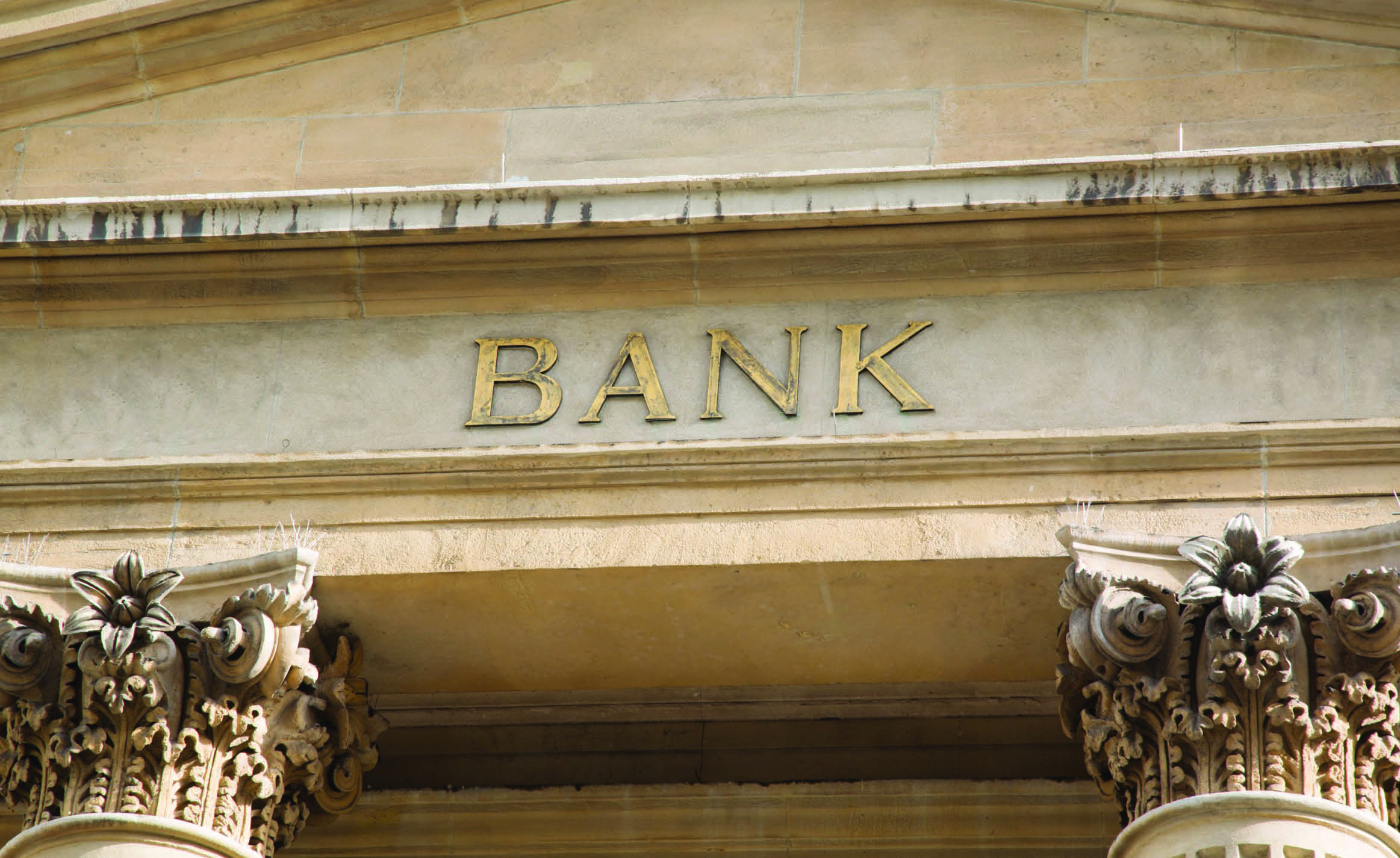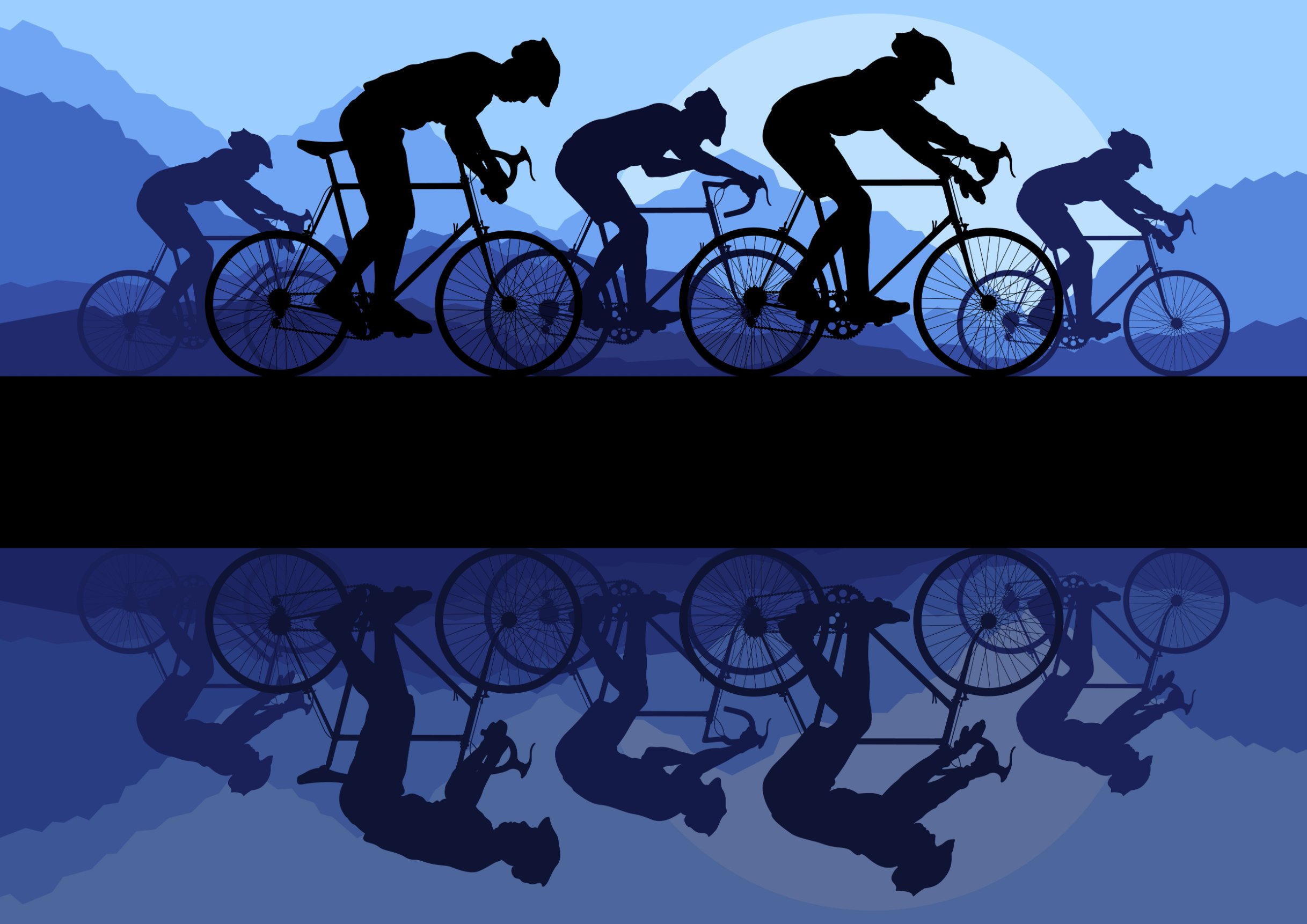 There are a million – maybe a billion – scenarios for how someone becomes the Founder of a business. But regardless of variability, there is one part of every venture that, almost by definition, will not vary: In the beginning, and often for some time afterward, the Founder will be the first to do all the jobs.
There are a million – maybe a billion – scenarios for how someone becomes the Founder of a business. But regardless of variability, there is one part of every venture that, almost by definition, will not vary: In the beginning, and often for some time afterward, the Founder will be the first to do all the jobs.
If you’re one of those Founders, you were the first receptionist, the first salesperson, the first accountant, and the first janitor. But you didn’t become a business owner to answer the phone, pay the bills or sweep the floor. You did those jobs because, at that moment, you were the smallest of business entities. An entrepreneurial quark. A team of one.
You have every right to look back on those days with great pride. Starting a business from scratch and growing it into a success story is a modern-day Herculean feat, accomplished against all odds. But there is one perilous byproduct of the Founder being the first to do all the jobs [Continue Reading]


 As you know, the U.S. banking system has been challenged this year. Three large “regional” banks collapsed, and not a few experts have opined that there will be more banking-sector bloodshed going forward.
As you know, the U.S. banking system has been challenged this year. Three large “regional” banks collapsed, and not a few experts have opined that there will be more banking-sector bloodshed going forward. A few weeks ago, I introduced you to how Blockchain works. This offering is about how it can create digital trust. But first, let me remind you – Blockchain is a complicated topic, so thanks for your continued focus.
A few weeks ago, I introduced you to how Blockchain works. This offering is about how it can create digital trust. But first, let me remind you – Blockchain is a complicated topic, so thanks for your continued focus. As the sun rises on the first day of July, one of the most amazing athletic competitions in the world is set to begin. Since 1903, the Tour de France has been the pinnacle of professional bicycle races, and arguably the most grueling of all sporting competitions.
As the sun rises on the first day of July, one of the most amazing athletic competitions in the world is set to begin. Since 1903, the Tour de France has been the pinnacle of professional bicycle races, and arguably the most grueling of all sporting competitions. The first Plantagenet King of England, Henry II, is important to America’s small business owners because he’s considered the founder of a legal system to which entrepreneurs owe their freedom to be.
The first Plantagenet King of England, Henry II, is important to America’s small business owners because he’s considered the founder of a legal system to which entrepreneurs owe their freedom to be.